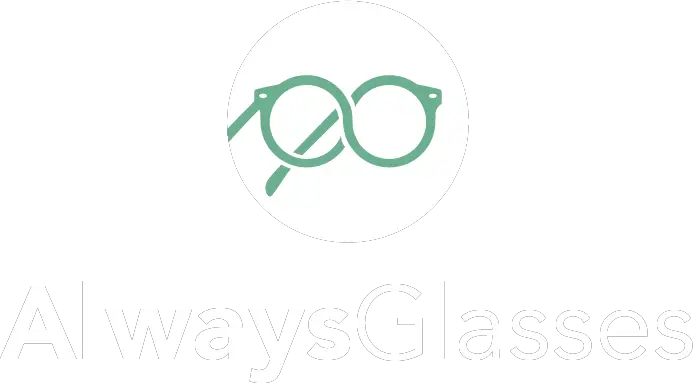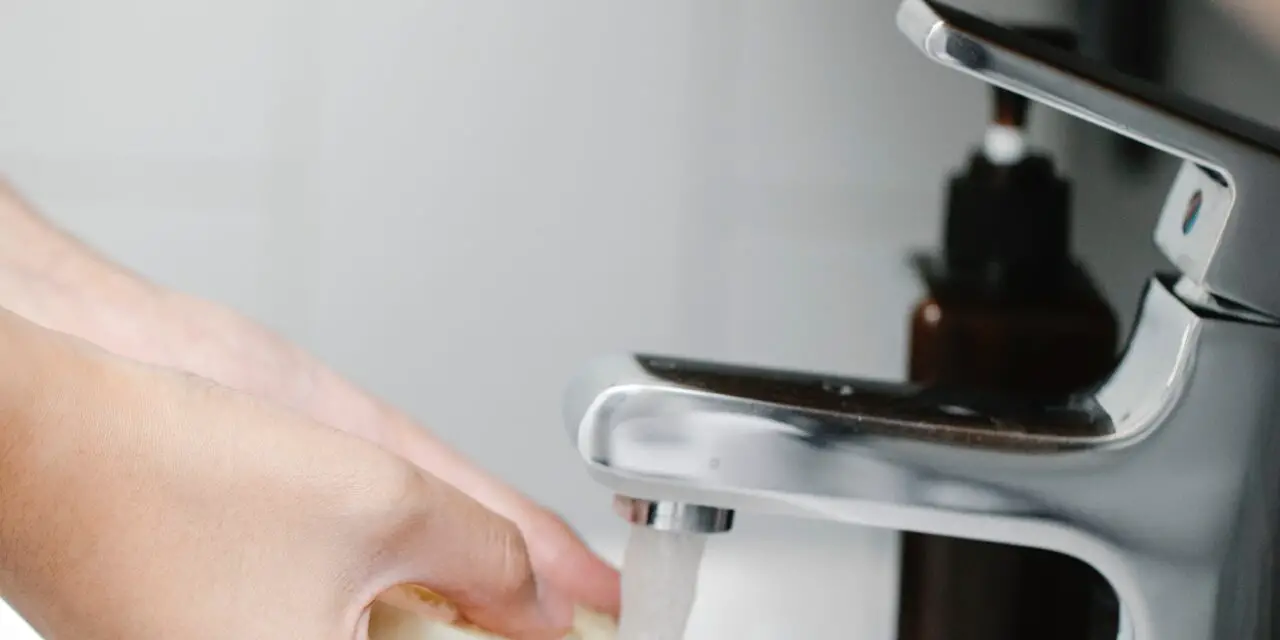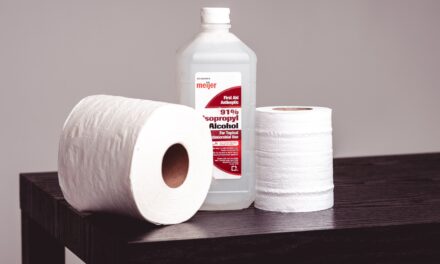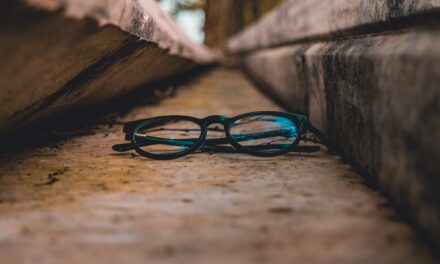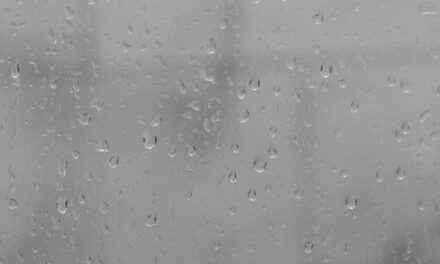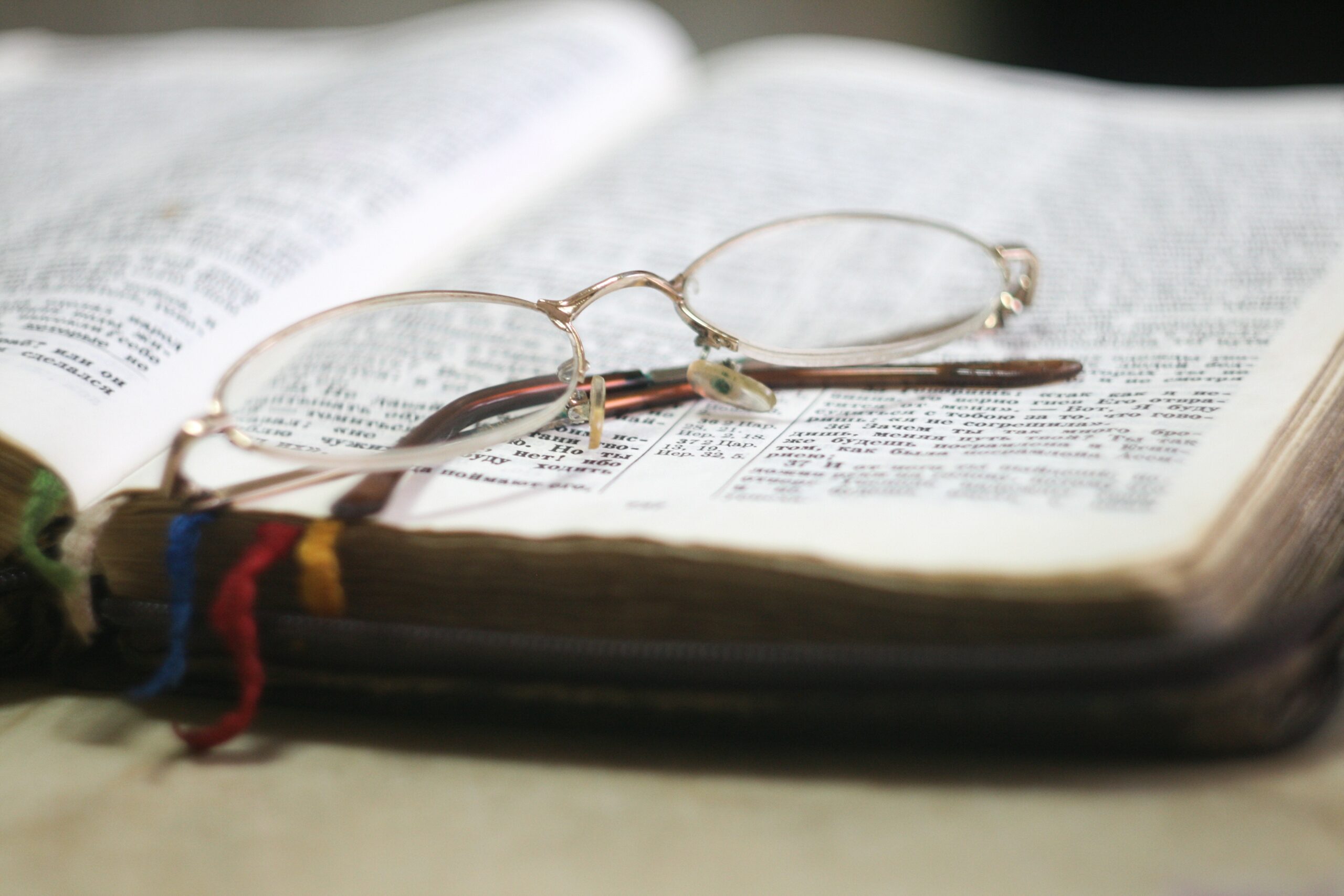Everybody’s instinct is to clean their eyeglasses with a bit of soap and water, or even worse, a little bit of the old spit and shine. Your instinct may lead you astray, causing you to clean your glasses in a way that scratches or otherwise damages them.
If you use soap and water, you should rinse the glasses first with lukewarm water and apply a few drops of mild soap. Always use a microfiber/lint-free cloth for drying purposes. For some types of lenses, the best option is an eyeglass cleaner designed for anti-reflective coatings.
You are encouraged to continue below for helpful tips on how to clean your glasses in a way that doesn’t scratch them.
Can You Clean Glasses With Soap And Water?
You can clean eyeglasses with soap and water, but it’s important to be careful. Eyeglasses require a mild soap and water that is warm, but not hot. If you are going to clean with soap and water, you are encouraged to mix a solution as described below.
Which Kind Of Soap Should You Use?
All soaps with lotions or moisturizing ingredients should be avoided. As long as you don’t have lenses with a specialty coating, you may use a mild soap like Dawn Ultra Dishwashing Soap.
The soap should be free of abrasives, such as microbeads or grit.
- Start by rinsing the eyeglasses off with warm water.
- Apply a small amount of mild soap with your fingers. Avoid using circular motions.
- Dry with a soft lint-free cloth or microfiber towel, such as the one found here.
Paper products such as paper towels or tissues are undoubtedly convenient, but they should be avoided at all costs. The wood fibers can scratch the lenses. Air drying the glasses can cause minerals in the water to leave behind splotches, much like those that you may have noticed on glassware or dishes in your kitchen.
What If Soap Doesn’t Work?
Sometimes, soap and water just won’t do the trick. Perhaps you are blotting a persistent blotch. In this case, you should never try to win the battle by just scrubbing harder. This will most certainly lead to damage. Instead, you should opt for an eyeglass cleaner solution.
Use Eyeglass Cleaners
Eyeglass cleaners are useful for removing dust and grime that mild soap and water won’t. These types of cleaners also include polishing agents designed to add an extra shine that soap will not. Cleaner kits also come with micro-towels that will prevent streaking and scratches.
You are encouraged to seek out ammonia-free cleaners, which are free of harsh chemicals and won’t produce the odors associated with ammonia cleaners.
Can I Use a Window Cleaner?
Window cleaners contain chemicals, such as ammonia, in concentrations that can damage the coatings on the lenses, so they should not be used to clean your glasses. The same goes for using vinegar and bleach-based cleaning solutions, which may work effectively for other glassware, but only lead to more trouble when used on eyeglasses.
For Lenses With Special Coatings
Pay attention to ingredients in cleaning solutions if you have a special coating, such as an anti-reflective coating. Sometimes chemicals can remove or damage coatings, which can be expensive to repair or replace.
Instead, reach for specialty cleaners such as Clarity AR Lens Cleaner Spray, which is fluorine-free, silicone-free, and has a neutral pH. As such, it is designed explicitly for superhydrophobic and anti-reflective lenses.
How To Keep Eyeglasses Clean
Perhaps you find yourself cleaning your eyeglasses constantly. This can often be a source of frustration, especially when you have to constantly pause your daily activities to get that blotch out of your eye. Below you’ll find some suggestions on how to keep your eyeglasses clean.
Find A Quality Eyeglass Case
Your eye doctor can provide you with a case fit for your specific pair of glasses. If you never received a case, or simply misplaced it, you can easily order a replacement online. Consider a simple case such as the Raylove Unisex Hard Shell Case, which you might keep as a backup case in your car. This is a much safer place to keep your glasses than placing them along with the dashboard or in the center console.
Carry A Travel Cleaning Kit In Your Car
The time when eyeglass wearers most often revert to poor cleaning practices is when they are traveling or at work. Say you work at a construction site and find your glasses constantly collecting dust. You’ll probably just use your shirt or a paper towel (and maybe a little spit) since there is no cleaner in sight.
This is a big no-no, though. If you have an anti-reflective coating, it’s recommended that you don’t even use soap in, even if it’s the only cleaner available. This is why you should carry a small baggie or zipper pouch with an eyeglass cleaner and a clean microfiber towel during your daily travels. This will help you keep yourself from engaging in poor cleaning practices.
Final Thoughts
If you are going to use soap and water to clean your glasses, it is suggested that you use a mild soap, such as Dawn Liquid Dish Soap, after rinsing the glasses off with warm (but not hot) water. Always use a microfiber/lint-free cloth to ensure that the glasses do not take on any damage. If soap isn’t doing the trick, or if you have glasses with special coatings, you should use an eyeglass cleaning solution.
